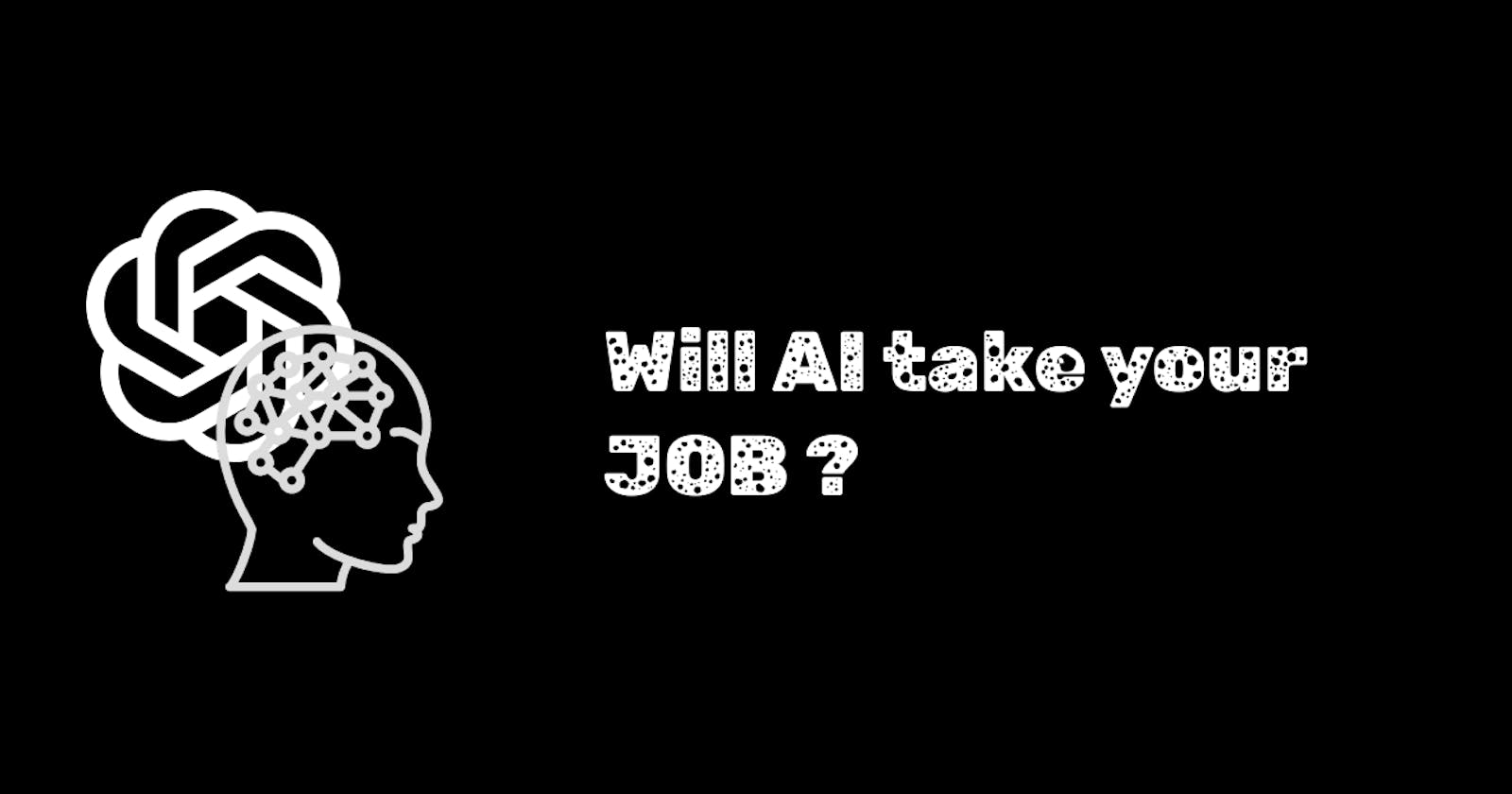Artificial Intelligence and Your Job: Separating Fact from Fiction
Debunking Myths About AI Taking Jobs: A Closer Look at the Impact of Artificial Intelligence on Employment
As artificial intelligence (AI) continues to advance, it's natural to wonder: can AI take my job? While it's true that AI has the potential to automate certain tasks and even entire industries, it's important to remember that it can also create new job opportunities and augment existing ones.
There's no denying that AI has already made significant strides in automating certain tasks. For example, many customer service centers now use chatbots to handle simple inquiries, and some warehouses use robots to handle logistics. However, it's important to note that AI is still limited in its capabilities and is not yet able to fully replace human workers in most industries.
In fact, many experts believe that AI will create new job opportunities in a variety of fields, from data science and machine learning to engineering and design. As AI continues to be integrated into various industries, there will be a need for people to develop, maintain, and manage these systems.
Additionally, AI can augment the work of human employees, helping them to be more efficient and effective in their roles. For example, a doctor might use AI to analyze medical images and provide recommendations, or a financial analyst might use AI to analyze market data and identify trends. In these cases, AI is not replacing human workers, but rather working alongside them to assist in their job duties.
So, can AI take your job? It's possible, but it's important to keep in mind that AI is still in the early stages of development and has limitations. Additionally, the integration of AI in the workforce is likely to create new job opportunities and augment existing ones. It's important to stay up-to-date on the latest developments in AI and to continuously learn and adapt to stay competitive in the job market.
